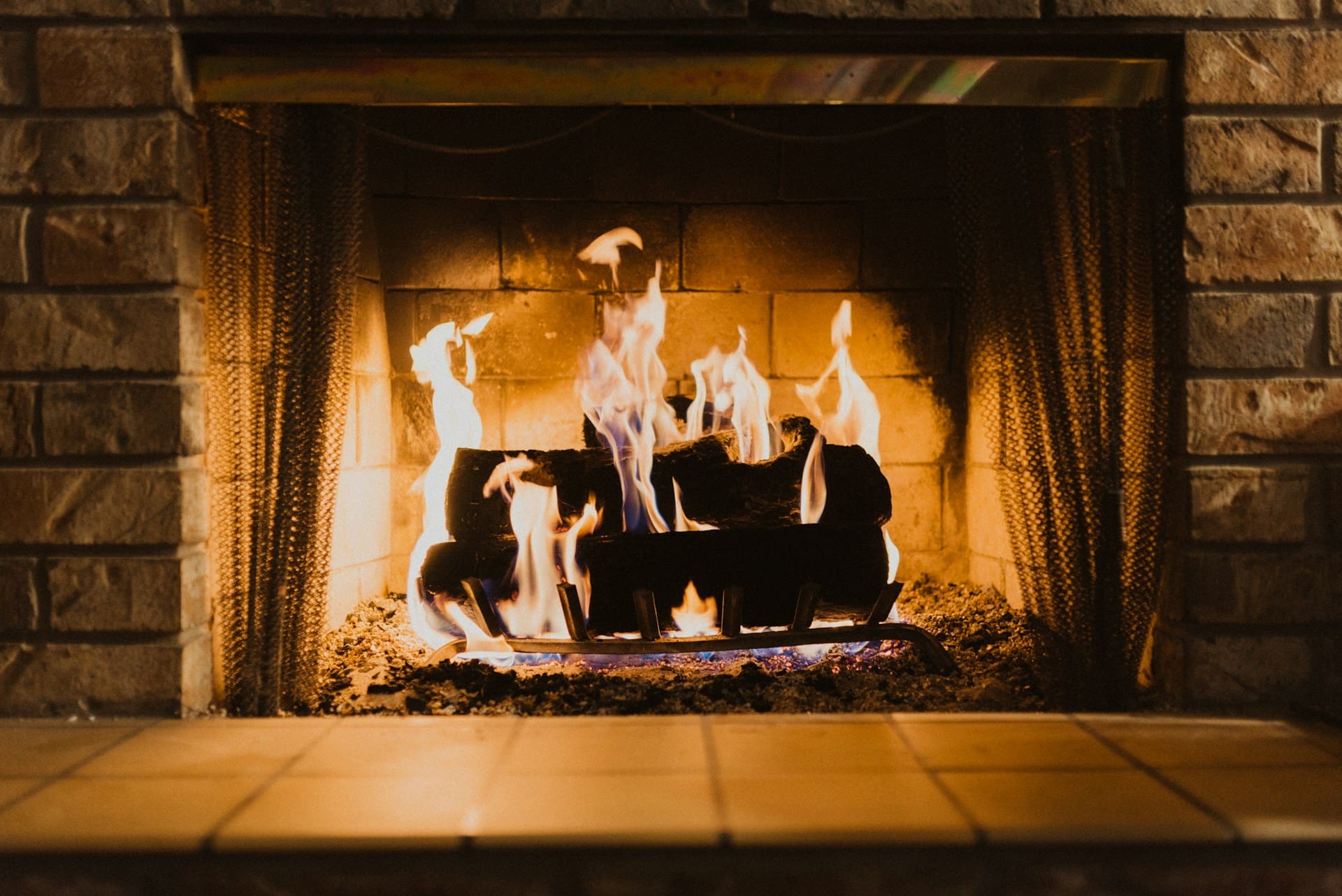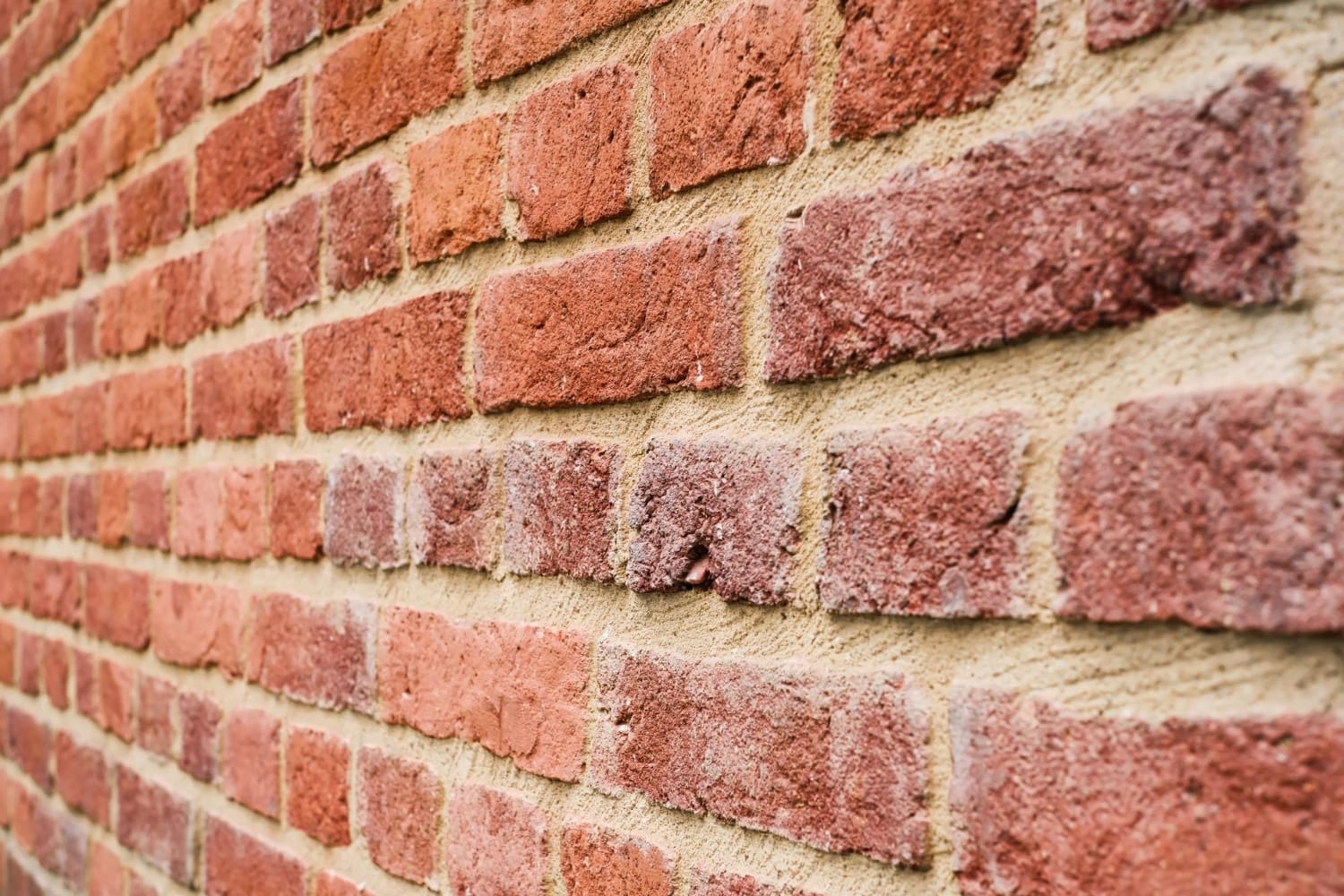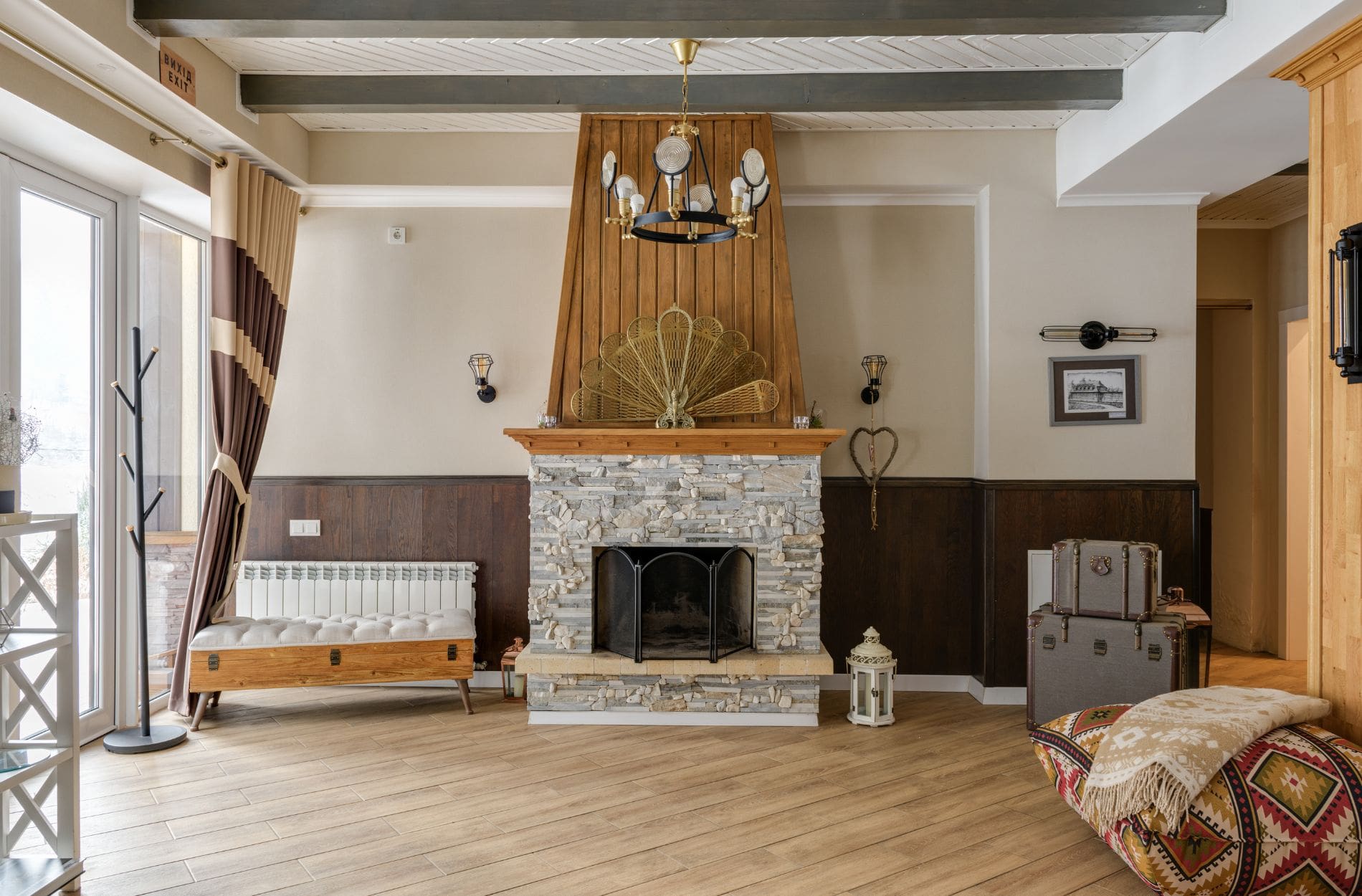Keep Your Fireplace Safe and Efficient with Timely Chimney Inspections and Maintenance

A cozy fireplace adds warmth, ambiance, and value to any home, but the chimney is a vital yet often overlooked component that requires regular inspection and maintenance to ensure optimal safety and functionality. In this comprehensive article, we will discuss the importance of regular chimney inspections and maintenance, the potential hazards of neglected chimneys, and the benefits of entrusting the upkeep of your chimney to skilled professionals.
Chimney inspections and maintenance are essential for numerous reasons, including preventing hazardous and expensive issues like chimney fires, carbon monoxide poisoning, and structural damage. Regular chimney servicing enables you to detect and address developing concerns before they escalate into significant problems that may compromise your home’s safety or result in costly repairs.
Throughout this article, we will examine the essential aspects of chimney inspection and maintenance, including the various levels of inspection and the significance of each in maintaining your chimney’s performance.
We’ll also discuss the common hazards that can arise from neglected chimneys and provide guidelines on the frequency of inspections and maintenance actions. Finally, we’ll explore the benefits of working with experienced professionals to safeguard your home’s chimney and ensure optimal safety, efficiency, and longevity for your fireplace system.
Understanding the Levels of Chimney Inspections
Chimney inspections are classified into three levels, each suited to different circumstances:
Level 1 Inspection
A Level 1 inspection is a routine check-up suitable for well-maintained chimneys with no considerable changes. This inspection assesses the readily accessible parts of your chimney, evaluating its overall condition and ensuring it’s free of obstructions and combustible deposits.
Level 2 Inspection
A Level 2 inspection is necessary when changes have occurred, such as alterations in heating systems or flue relining, or when incidents like chimney fires have taken place. Level 2 inspections involve an in-depth examination of your chimney’s accessible interior and exterior structures.
Level 3 Inspection
Level 3 inspections are necessary when significant structural damage or potential hazards have been identified. These inspections may involve dismantling parts of your chimney or the surrounding structure to evaluate and address hidden problems.
Common Hazards Associated with Neglected Chimneys
A neglected chimney can pose several risks to your home and its occupants:
Chimney Fires
Creosote, a highly flammable byproduct of wood burning, can accumulate in your chimney and ignite a fire. Regular chimney cleaning helps prevent creosote buildup, reducing the risk of chimney fires.
Carbon Monoxide Poisoning
Blockages in your chimney can allow carbon monoxide, an odorless and deadly gas, to enter your home. Routine inspections and maintenance ensure your chimney is free of blockages and maintain proper ventilation.
Structural Damage
Unchecked issues like water intrusion can lead to deterioration of your chimney’s structure, potentially causing bricks and other materials to become loose or fall. Regular inspection helps detect such occurrences early, preventing further damage and costly repairs.
The Frequency of Inspections and Maintenance
The National Fire Protection Association (NFPA) recommends an annual chimney inspection, but your specific needs may vary depending on multiple factors:
Type of Fuel
Different fuels cause varying rates of residue buildup in your chimney. For instance, wood-burning fireplaces may require more frequent inspections and cleanings due to the risk of creosote accumulation.
Usage Frequency
Frequent use of your fireplace results in greater wear and tear on your chimney system, necessitating more regular inspection and maintenance.
Ventilation System Age and Condition
Older or poorly maintained chimneys may require more frequent inspections to ensure optimal safety and performance.
Benefits of Partnering with Skilled Professionals for Chimney Inspections and Maintenance
By working with experienced professionals for your chimney inspection and maintenance needs, you gain numerous benefits:
Accurate Diagnosis and Effective Solutions
Skilled professionals possess the knowledge and expertise to accurately diagnose issues with your chimney, providing practical solutions that address the root of the problem.
Comprehensive Cleaning and Maintenance
Experienced technicians can thoroughly clean and maintain your chimney, removing any potential hazards and increasing the efficiency of your fireplace system.
Preventative Care and Guidance
Professional guidance can help you understand the best practices for maintaining your chimney system, enabling you to take effective preventative measures that prolong its lifespan and optimize performance.
Compliance with Codes and Standards
Trained professionals adhere to local building codes and NFPA guidelines, ensuring that your chimney inspection and maintenance conform to these critical safety standards.
Prioritize the Safety and Efficiency of Your Fireplace with Professional Chimney Inspections and Maintenance
Your home’s chimney is a critical component of your fireplace system, demanding regular inspection and maintenance to ensure safety, efficiency, and longevity. By partnering with us, you can rely on our team of skilled professionals to provide top-tier chimney inspection and maintenance services, safeguarding your family’s wellbeing and preserving your fireplace experience.
Contact Detroit Brick Co. today to schedule your chimney inspection and maintenance, and experience the confidence that comes with securing the safety, efficiency, and lasting performance of your fireplace system. Reach out today if you need chimney repair in Detroit!





